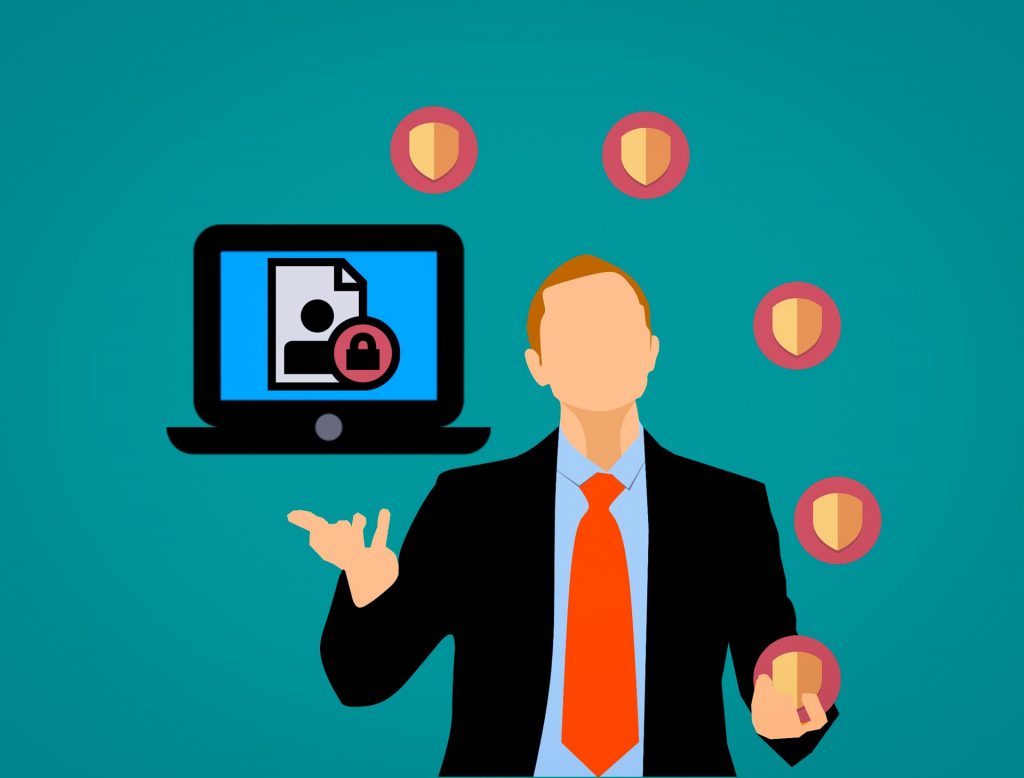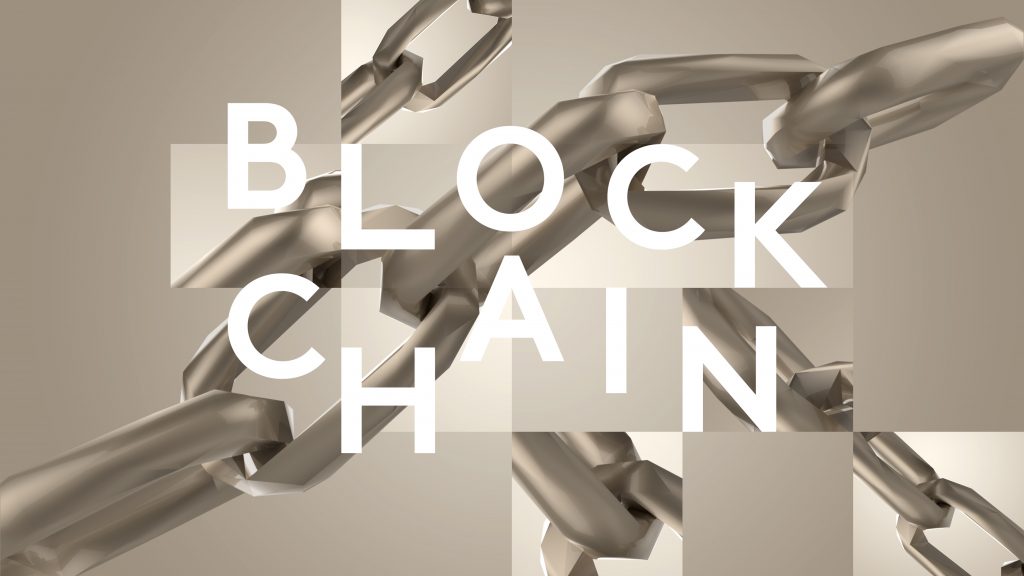National Cyber Security Awareness Month takes place every October in the US, originally started by the National Cyber Security Division within the Department of Homeland Security and the non-profit National Cyber Security Alliance. The month aims to raise awareness of the importance of cyber security and, this year (2021), is themed “Do Your Part #BeCyberSmart’ to encourage individuals to play a role in protecting their part of cyberspace and stressing the importance of a proactive approach.
The US is not alone in raising cyber awareness in October; the European Cybersecurity Month (ECSM) also runs at the same time and is the European Union’s annual campaign dedicated to promoting cybersecurity among EU citizens and organisations. Across the month, ECSM provides online security information to raise awareness and shares advice on best cyber practice. The initiative began as a pilot scheme in 2012, and this year is themed around cybersecurity at home, the importance of thinking before you click, and cybersecurity first aid.
These awareness campaigns spanning much of the western world ensure that cybersecurity is currently front of mind for a lot of businesses. However, while Cyber Awareness Month will certainly help cybersecurity consultancies and solutions providers share their messages even further, with so much noise in this market, how can organisations stand out from the crowd and guarantee it is their content that is seen first? The Sotiria partners have had their say and provided insights from their regions…
Piers at Finzel PR says local market trend reports are one of the best routes to go in Spain:
Cybersecurity is one of the hottest topics in the Spanish media and will continue to be so for the foreseeable future – not just because it’s a concern for big blue-chip companies, but also because it concerns all of us as members of the public. Even more so following the pandemic that saw a massive rush in the digitalisation of businesses of all sizes, from office-based organisations adopting remote working almost overnight, all the way down to the local grocery store or the restaurant on the street corner who had to rapidly switch to an e-commerce model to survive, continue selling their wares and start using social media to promote themselves. However, it is also a crowded market, with lots of multinational vendors jostling for share of noise both in the specialist cybersecurity publications as well as in the general interest media.
Many brands successfully use tools such as thought leadership or market trend reports to generate awareness directly or indirectly of the solutions they offer, but in most cases the insight they provide is based on data from markets outside of Spain – the US more often than not, or from the bigger European economies such as France, Germany or the UK. Very few take the trouble to research and provide data on cybersecurity issues specifically relating to the Spanish market. Those few that do, that actually offer the journalists data, for example the percentage rise in ransomware attacks on Spanish businesses, or smishing tactics used on Spanish mobile users, are the ones that are best able to engage with the media because that is what the journalists want to offer their readers. It’s by far one of the most effective ways to get a brand’s messages heard locally, and for the brand to stand out from the competition.
Sophie at BPR adds that a localised approach is also key:
Cyber–month is not the same in all countries and client should pay attention to having a localised approach. Take the example of France, the main topic for 2021 cyber–month is passwords. So, it means that if clients want to make noise, they should develop content on this topic mainly. And if they want to be in mainstream media, the best way is either to give tips or find a batch of testimonials ready to use.
Evan at Fortress Strategic Communications argues a look to the future will help companies stand out in the US:
Cyber Awareness Month presents a unique opportunity for cyber security – and companies in related fields – to showcase their capabilities, position their companies, and let spokespeople discuss threats. While many cyber security companies are utilizing these strategies and associated tactics, the question is always, how you not only stand out, but differentiate yourself from the ‘herd’ of cyber security companies all communicating value propositions and opinions that they consider ‘bigger, better, faster’ than anyone else? Take the road less travelled is our approach. Don’t tell your target market and the media what is happening now, tell them what is going to be coming down the line and how businesses of all sizes – and government agencies and consumers – are going to be impacted… and what they need to do to get ready!
Geraldine at Say Communications suggests a proactive approach to PR is essential:
“For cybersecurity brands seeking to stand out from the crowd, CyberSec awareness month is a great platform to express an original point of view – but it must not stop there. Enterprises must ensure that they prioritise consistent and proactive pitching regarding cybersecurity trends, issues, breaches or attacks, as this is crucial for becoming part of the ongoing conversation and establishing a company’s lead spokespeople as trusted thought leaders. Jumping on the back of news stories, national security announcements and market reports will demonstrate that the spokesperson is knowledgeable in their field, and eventually journalists will start coming to them for first response.
Niels at Discus Communications recommends social media engagement is prioritised:
Everybody seems to “rush to the October-security angle” with their PR/earned media. This creates fatigue and can even create bad will among journalists. Instead, we advise our clients to maximize and utilize the awareness month on their owned media including social.
To find our how the Sotiria network can support your organisation and help you stand out from the crowd, get in touch.







